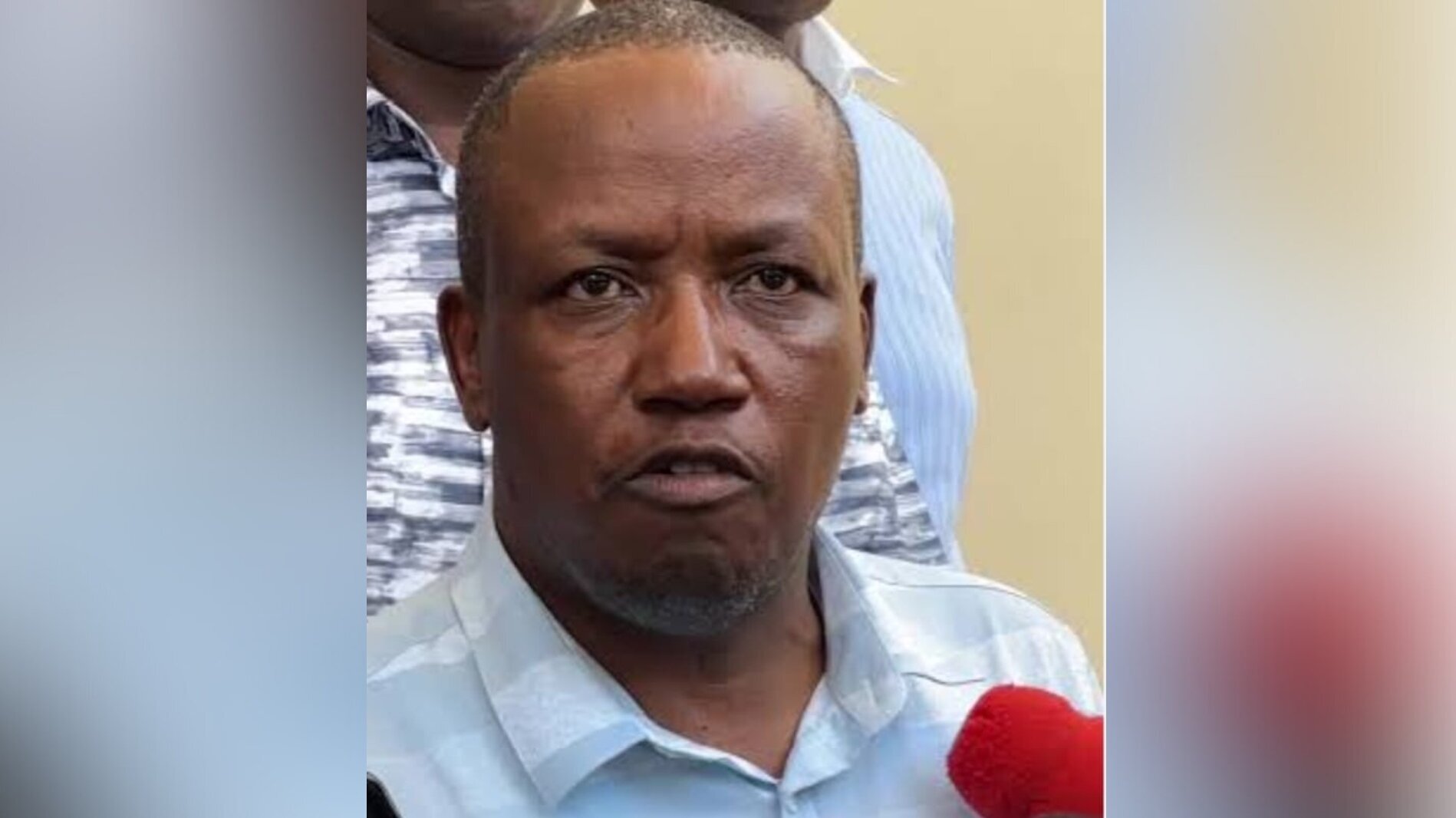SHA boss blames Finance Bill 2024 and 'illiterate' medics for chaotic rollout of new health care funding model

Social Health Authority (SHA) CEO Elijah Wachira. Courtesy photo
Mr Elijah Wachira man being the Chief Executive Officer tasked with convincing the country that the controversial Social Health Authority (SHA) is a good thing to replace the National Health Insurance Fund (NHIF), says the first 30 days have vindicated him.
Though gravely affected by the dropping of the Finance Bill 2024 that denied the government adequate funds to roll out the programme with optimized benefits, Mr Wachira said he is doing enough under the abnormal circumstances.
"A month later, we have managed to register13.3 million into the new outfit and fitted 7,730 SHA technological systems in hospitals across the country, treated nearly 100,000 patients under the new prog and paid out over Sh1.5 billion in pay-outs ," he told Inooro TV on October 31, 2024.
He said 2,830 private hospitals have registered to issue primary health services across the country.
Mr Wachira said Kenyatta National Hospital has treated more than 18,000 patients under the new arrangement and for purposes of addressing the huge demand in the facility, a branch office is domiciled there.
Mr Wachira said that "today there is a marvel of all Kenyans regardless of whether they have registered into the new programme are entitled to a free emergency ambulance and first 24 hours treatment for free.
"I assert that we are on course of moving away from the sad situation where families dispose assets as well as conduct fundraises so as to offset hospital bills," he said.
He said that the outcry on the country over unsuitability of the programme is occasioned by medics who even after they were trained, never got the concept right do as to roll it out seamlessly.
"Problem is that among the medics that we had trained in October about the new highly technologically driven programme, some did not grasp the idea, others are slow learners," he said.
He said this was the reason why the Authority has since employed 70 tech-savvy youths to retrain the medics.
He also said fluctuating nature of network was also a major bother that is resulting in patients not accessing efficient services.
Another problem Mr Wachira cited is incompleteness of the data base of subscribers.
"We have a problem of people who started registering but never completed the process. People should register properly, and we are striving to assist Kenyans complete their data entry into our systems," he said.
He disputed that there are Kenyans being denied emergency healthcare on account of perceived inefficiencies of the new shift in the healthcare.
"The constitution remains supreme that even if the system is down or you are not registered, you must get treated first and the logistical aspect of it be pursued later," he said.
This, he added, was especially cardinal for emergencies like road accident, deliveries and other life-threatening conditions.
He said all Level 2 and Level 3 health facilities' expenses for patients are billed to the government.
"For Levels 4, 5, and 6 facilities, we have the Social Health Insurance Fund (SHIF) that for purposes of cushioning ourselves from inconveniencing patients, we have allowed data confirmation to be by the system present at the health facility and if it fails, an email or phone call be made," he said.
He said primary health care fund in place pays for dispensaries and health centres (including those privately owned) "hence beyond the teething problem we are experiencing, we are building a magical solution for our health care needs as a country".
Mr Wachira maintained that NHIF was an inferior arrangement compared with SHA, saying the latter eases the burden of health care on Kenyans.
"For those yet to fully understand this concept, we have the Primary Health care Fund, whose primary source of contributions will be through government funding, the Social Health Insurance Fund (SHIF), which will be facilitated by household contributions and the Emergency Chronic and Critical Illness Fund (ECCIF), which will also run through government funding".
Salaried employees will be contributing 2.75pc of their gross salary, with a minimum contribution of Sh300 per month, no maximum limit.
Non-salaried people will also contribute 2.75pc of the household income with a minimum contribution of Sh300.

Be the First to Comment